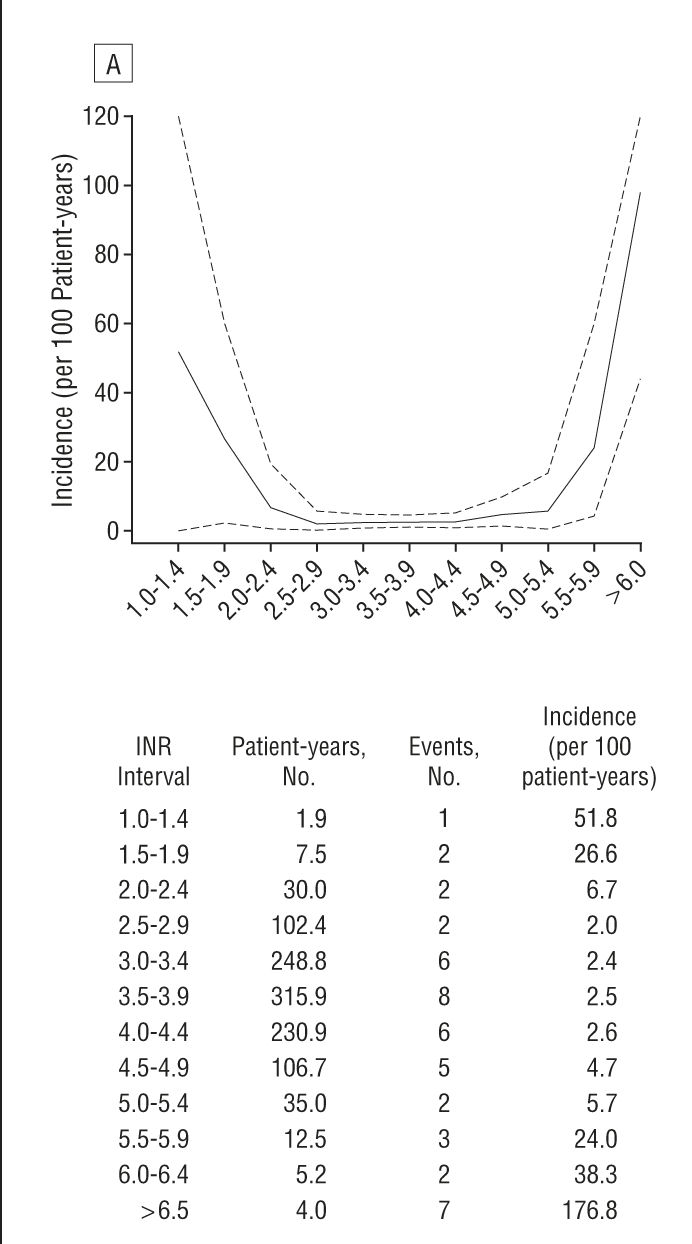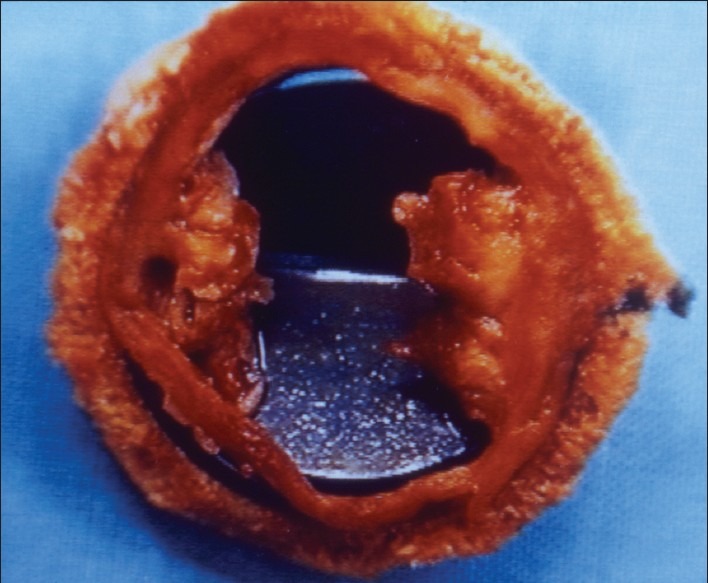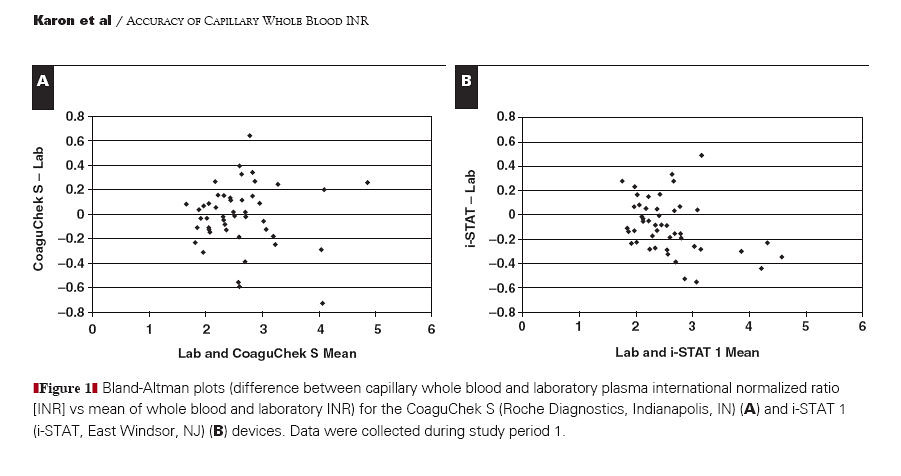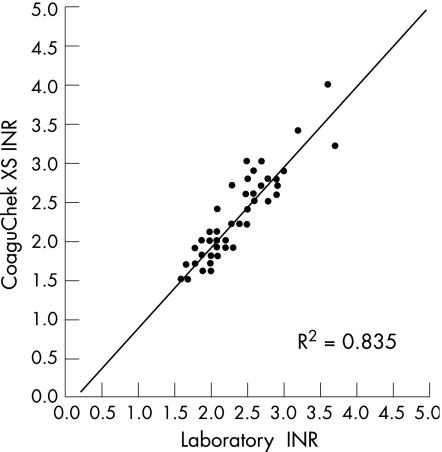I became too complacent with my heart issues. I have checked into the group off and over the years with feelings of empathy for what everyone was going through. I never believed I would be back again with a possible malfunctioning St Jude’s Valve done in 2002. The unknowns have been stressful and an emotional up and downs. It started with a routine Echo in July that showed my pressure had gone from 30 to 80. I was told it showed a possibility that one of the two leaflets wasn’t closing all the way, Panus??? Inconclusive was the report. Then I had an almost 2 hour TEE which I found out was really useless as they couldn’t even visualize my heart due to a large hiatal hernia that blocked the view. A fluoroscopy was done and that was inconclusive. I had a stress echo yesterday and had a severe breathing event that was caught as an artifact on the test and heart related. I am not having symptoms but wonder now if my breathing issues have been a symptom and its not asthma. The next step is some kind of cardiac cath. I was told with a mechanical valve, you can’t do a standard cath. They will put two caths in my heart and run another under the valve and make a hole in the septum to get the gradient measures, I think. My idea, if time is not a factor is to repair the hiatal hernia and go for another TEE. This has all been on the heels of surgery for a torn meniscus and fractures of my spine. Thought the stress echo would kill me! Its hard to know where to begin. What to do at age 71. I retired on 8/30/14 so have been also dealing with Medicare, new health insurance, Part D and coverage for my In Ratio test strips. Would anyone have had experience with panus on a leaflet? I am told it is may require a reop? I can’t imagine any surgeon anxious to do a re op and I am not anxious for a tissue valve which I would think would be more prone to panus? Any input you may have to help me understand why my “lifetime valve” only lasted 12 years. Thanks for listening.
Donna
Donna




























